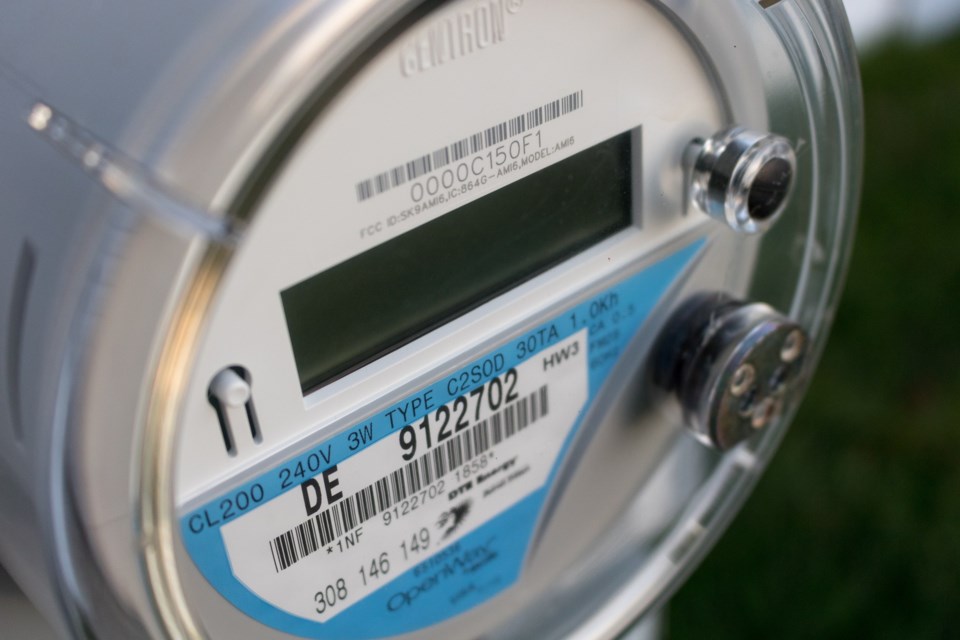Longmont will begin replacing nearly 50,000 manually-read meters with smart electric meters on Aug. 15. The process is expected to take a year.
In Oct. 2022, the city installed 500 smart meters in southern Longmont to test it new advanced metering infrastructure, or AMI. The new infrastructure allows the meters to be read for a few seconds every hour and eliminates the need for a meter reader to visit every meter in the city each month.
According to the U.S. Energy Information Administration, nearly 70% of all electric meters have been replaced by advanced meters across the U.S.
“This transition marks a huge step forward for Longmont,” said Darrell Hahn, Interim Executive Director of Longmont Power & Communications, or LPC. “In conjunction with our continuing progress toward 100% renewable energy, these meters will help make our community’s electricity more reliable, more sustainable and open up new possibilities for energy efficiency.”
The city expects the new system to help it reduce carbon emissions by reducing the number of trips LPC staff have to make to turn on or off electricity at people’s homes. The new system is expected to allow LPC staff to perform that service remotely.
Customers will also be able to monitor their own electric consumption by the hour. Within the next three years, LPC hopes to be able to offer lower rates during off-peak consumption hours. Customers will be able to make more energy-efficient choices than the current monthly report allows.
The city states that another benefit to the system is that outages and metering data will be readily available to LPC allowing them to respond faster and maintain the local grid so it works more efficiently.
Some residents have voiced concerns about the installation of AMI stating the system emits harmful radiation, is a fire hazard.
“I continue to think that problems with security, fires, human health and declining pollinators, ought to be obvious enough to anyone, that the Precautionary Principle should be adopted and the AMI for Longmont ought to be brought to a halt,” Doe Kelly, a Longmont resident and harsh and persistent critic of AMIs, told the Leader via email. “But that is just me, a person with direct experience of EMS (electromagnetic sensitivity) aka (electrohypersensitivity) aka “microwave sickness.”
Longmont residents have an option to opt-out of the new system. According to LPC, residents will receive a two-week notice before their meter is replaced. If a resident chooses to opt-out, they will be asked to fill out a form. They will receive a manually-read meter instead. Those who choose a manually-read meter before their meter change takes place will be charged $50, and those who choose to replace their smart meters with manually-read ones will be charged $125, according to LPC. A $ 15-a-month meter reading fee will also be charged to these residents.
There is no fee for customers who allow an advanced meter to be installed.
So far the city has received 25 requests from residents who wish to opt-out, according to LPC spokesperson Scott Rochat.
Currently, the city of Longmont does not employ any full-time meter readers, Rochat said via email. It uses a mix of term-limited and part-time employees to read the meters across the city. However, as new meters come online, the city plans to transition some of those employees into permanent field service technician positions, Rochat said.
“We’re excited to move forward on this project and look forward to seeing this further enhance the reliability and sustainability of our customers' service as our community continues its progress toward 100% renewable energy,” Rochat said.



